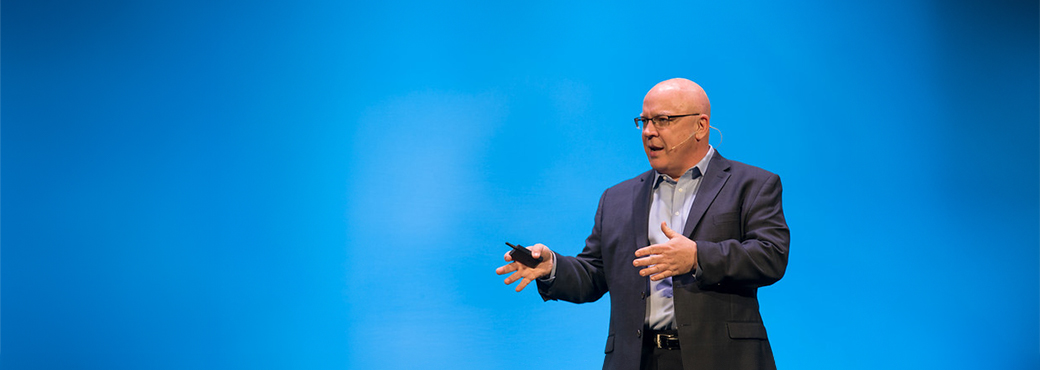Day: October 20, 2016
-
Risks and Misuse of Big Data – Learning from Bank Fraud
by
in BlogsIn 1995, I was tapped on the shoulder at Coopers (now PwC) by a partner in the forensic accounting practice who was leading our investigation into a 93 million pound fraud ($140m) at NatWest bank. “Gibbons, you traded options, did you not?” “Some”, I replied. Then, suspiciously, “It says here you speak French?” Once he…
-
CEO “super-coaches” – Paul Gibbons interviewed by CEO Magazine
by
in InterviewsIn 2009, Paul Taffinder (one of my mentors) and I were interviewed for CEO Magazine about our role as CEO super coaches. In this short piece, we talk about why CEOs use coaches, what specific problems they bring to us, and about our approaches. Download the full article here: ceo-super-coach The chief executive must personify…
-
FIFA, LIBOR, and Volkswagen Ethics Scandals in 2016
by
in VideosVideo: How did the worlds most important interest rate, largest car manufacturer, and largest sports organization become corrupted by billion-dollar scandals? What happened? How could the mishaps have been avoided? What are the lessons for business leaders?
-
Change Agility: Creating Growth Cultures
by
in VideosVideo: Why do organizations, it seems, resist change? What does an agile organization look like? What are the levers leaders can pull to great agile, growth cultures?
-
Why We Suck at Behavioral Change
by
in VideosVideo: In this signature talk at Microsoft’s Distinguished Author Program, I cover why behaviors do not follow intentions, plans, and strategies. What is wrong with the ways people change behaviors (in themselves, in business, and in society) that makes it so difficult? After watching this, watch this for some strategies that work.
-
21st Century Behavioral Change Strategies
by
in VideosVideo: In this signature talk at Microsoft’s Distinguished Author Program, I introduce three ideas from 21st century science that produce measurable changes in behavior. For why existing strategies don’t work, view Why We Suck at Behavioral Change.
#metoo 21st century leadership behavioral change business ethics business strategy career change agility change leadership change management change strategy chinese leaders cognitive biases decision making ethical culture ethical leadership ethics fake news gender issues habits happiness human flourishing Kalanick leadership leadership quotes Marx mindfulness myths nationalism neuroscience philosophy philosophy and business podcast post post-truth pseudoscience quotes reason science and business spirituality Trump truth wars Uber values vuca Wells Fargo

